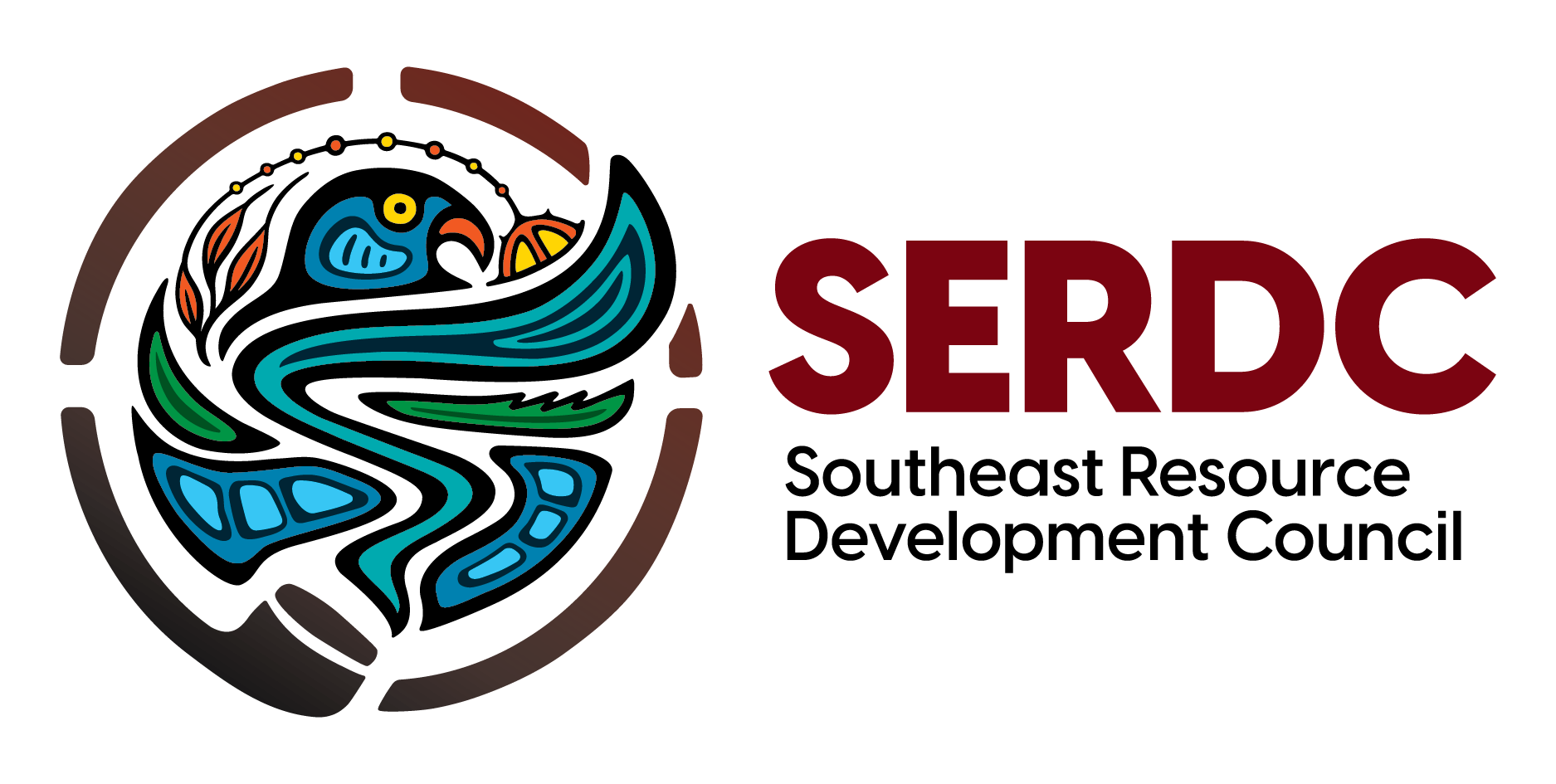The SERDC mental wellness program provides case management, training, program development, and outreach to community members of the Southeast Tribal Council.
We work in partnership with Manitoba Keewatinowi Okimakanak (MKO) and other mental health/addictions services to provide long-term support following a crisis in-community.
To inquire about any of the mental wellness program services call Ashley Ledwos, Mental Wellness Case Manager: 431-977-0730.

Indian Residential School / Indian Day School Program
The IRS / IDS program is designed to support former students and their families who are members of the southeast tribal council.
Professional Counselling:
Professional counselling services are provided by credited mental health service providers. This service is coordinated by our IRS/IDS Resolution Health Support Worker(s).
Emotional Supports:
Emotional support services are provided by our IRS/IDS Resolution Health Support Worker(s) to eligible former IRS/IDS students and their families.
Cultural Supports:
Cultural support providers are responsible to provide cultural support to former IRS and IDS students and their families. We offer cultural and ceremonial supports through traditional teachings including sweat lodge ceremonies, sharing circles, pipe ceremonies, cultural camps, land-based workshops, sundances, grieving and loss sessions, life skills sessions, traditional parenting, naming ceremonies, and other ceremonies as requested.
STAFF
Marie Walker, IRS/IDS Resolution Health Support Worker
Erica Chatelain, IRS/MMWIG2S+ Support Worker
Glenda Smith, Cultural Support Provider
Wesley Kent, Cultural Support Provider
Duncan LeClair, Skaabe
Marlene Smith, Skaabe
Serenity Bird, Skaabe
Steve McCorrister, Two-Spirit Service Provider
National Native Addiction Drug Alcohol Program
The National Native Addiction Drug Alcohol Program (NNADAP) Program assists SERDC First Nations members to provide advisory support aimed at preventing, intervening, and providing pre and post-treatment of addictions; including substance abuse of alcohol and other drugs, solvents, gambling, tobacco, and other addictive behaviors.
Our Tribal NNADAP Coordinator offers a variety of in-person training and support services.
Program areas:
- Prevention, intervention and harm reduction
- Treatment
- Training
- Research and development
STAFF
Joyce Clarke, Tribal NNADAP Coordinator & Lead Facilitator
Mental Wellness Outreach
Our mental wellness outreach work involves collaboration with various community service providers to support continuity of care to community members with both mental health and addiction issues. The collaboration of care includes MKO’s crisis response team and community resource teams.
Our team includes a Mental Wellness Outreach Worker whose role is to coordinate treatment and continuity of care plans for First Nation clients. We assist individuals with advocacy, services and support, while engaging them to participate.
STAFF
Ashley Ledwos, Mental Wellness Case Manager
Charmaine Buium, Mental Wellness Outreach Worker
Marjorie Bird, Mental Wellness Outreach Worker
Harm Reduction
Harm reduction refers to the policies and practices focused on reducing the problematic effects of alcohol and other drug use, as well as to reducing risky health behaviours. Decrease the spread of sexually-transmitted and blood-borne infections (STBBIs).
Harm reduction is the only global drug policy response that has proven to save lives and money at the same time as increasing quality of life.
Taking a harm reduction approach includes:
- A focus on the harm not on the substance or behaviour
- A focus on what the person sees at their most immediate need
- Acceptance that there are benefits and consequences substance use
- Acceptance that small gains add up over time
- A focus on decreasing more immediate harms versus striving for a drug free society
- Recognition that people know what is best for them
- The need to give people choice and access to a broad range of options for safety and health
- Provide testing, treatment, and counselling for STBBIs
- Confidentially contact sexual and drug-using partners
- Run safer sex campaigns
- Recognition that people are doing the best they can with what they have
- Connect people to health and social services
- Provide supplies that keep people safe, including condoms, syringes, and safer crack use kits
- Deliver education to communities and health providers
STAFF
Cheryl Prince, Tribal Health Educator
STAFF
Stanley Kipling, Mental Wellness Program Manager
Justyna Erin, Mental Wellness Administrative Assistant
Marsha Berens, Mental Wellness Administrative Assistant
Ashley Ledwos, Mental Wellness Case Manager
Charmaine Buium, Mental Wellness Outreach Worker
Marjorie Bird, Mental Wellness Outreach Worker
Germaine Bear, Mental Health Therapist
Mary Ajayi, Mental Health Therapist
Ron Sigurdson, Mental Health Therapist
